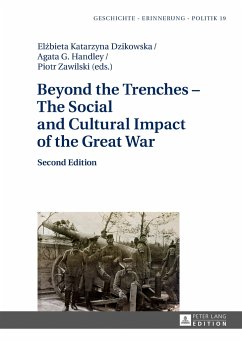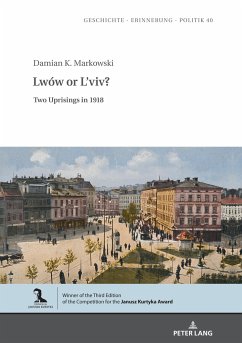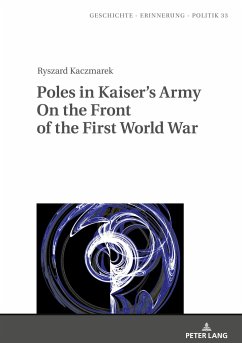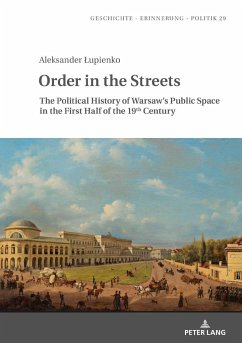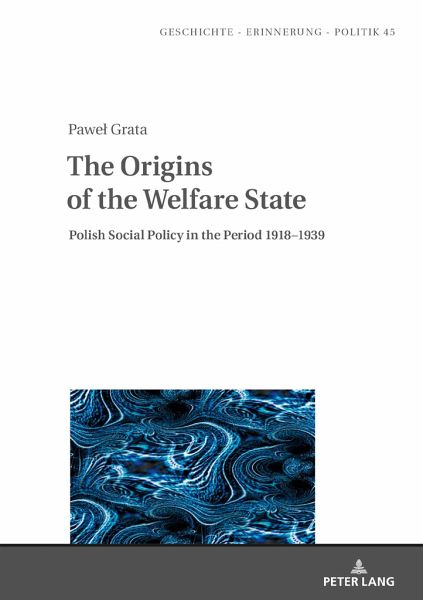
The Origins of the Welfare State
Polish Social Policy in the Period 1918-1939
Herausgegeben: Wolff-Poweska, Anna;Mitarbeit: Upchurch, Ian
Versandkostenfrei!
Versandfertig in 6-10 Tagen
55,60 €
inkl. MwSt.

PAYBACK Punkte
0 °P sammeln!
The book focuses on the Polish social policy, its contextual (historical, organisational, conceptual, financial) conditionings, the institutions it fitted in, and primarily on the practical activities, undertaken by the state and other entities with regard to its individual domains. The time span covered by the analysis is the period of 1918-1939. The scope of the research is based on the ways the social policy in the interwar period was conceptualised. It covers labour and employment issues (labour legislation, combatting unemployment, migration policy), social insurance (retirement pension, ...
The book focuses on the Polish social policy, its contextual (historical, organisational, conceptual, financial) conditionings, the institutions it fitted in, and primarily on the practical activities, undertaken by the state and other entities with regard to its individual domains. The time span covered by the analysis is the period of 1918-1939. The scope of the research is based on the ways the social policy in the interwar period was conceptualised. It covers labour and employment issues (labour legislation, combatting unemployment, migration policy), social insurance (retirement pension, work injury, sickness insurance), social welfare (support for the poor, welfare for mothers, children, adults and the disabled, problems of social pathologies) and health care system.








